New technologies like facial recognition are coming – whether we like it or not. We can’t turn back the tide, but we can manage new technology to do the least harm and most good.
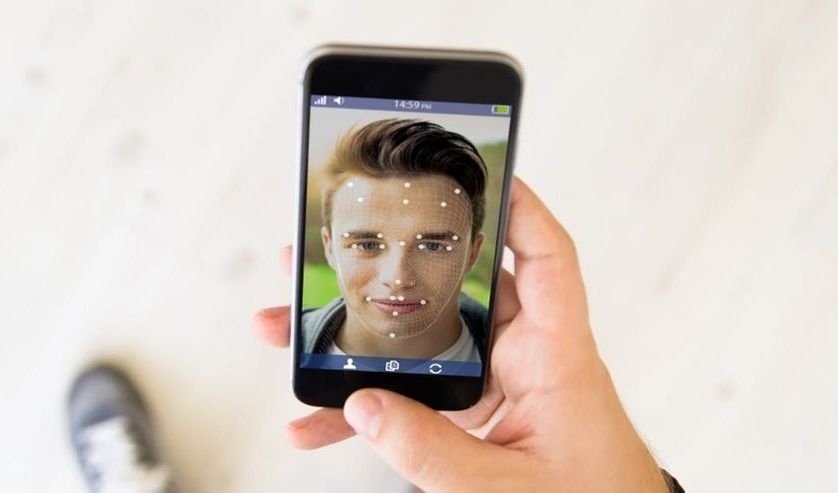


Scientists from ITMO in collaboration with international colleagues have proposed new DNA-based nanomachines that can be used for gene therapy for cancer. This new invention can greatly contribute to more effective and selective treatment of oncological diseases. The results were published in Angewandte Chemie.
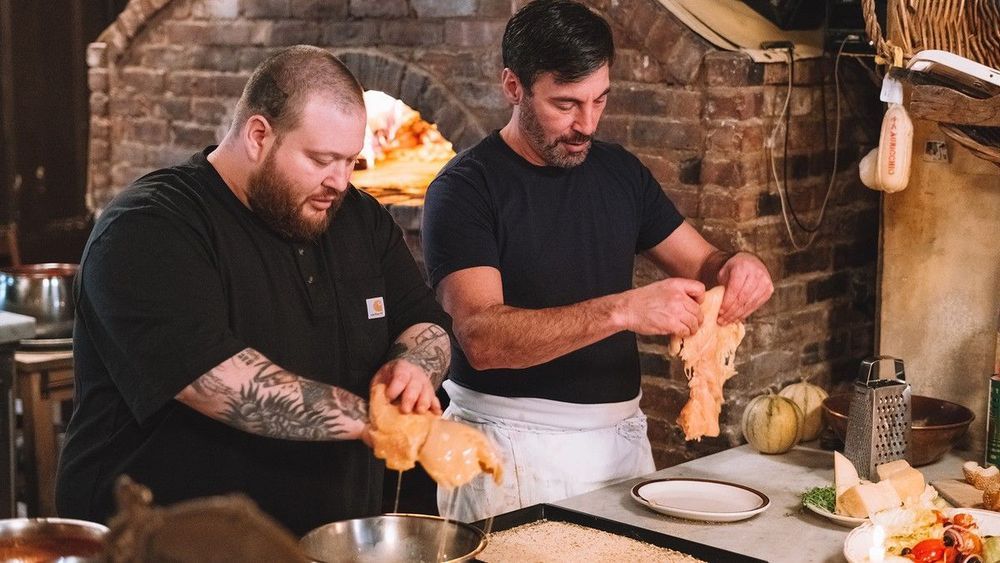
If pairing wine with food is an art, then consider this episode a masterpiece. The guys drink their way around town, from donut shops to Thai food in a tattoo parlor.
Weed MARIJUANA Travel Steak Culture Cannabis Munchies meatballs Documentary Hip-Hop seafood Pasta Brooklyn DABBING cooking moonshine duck feast wine rap Queens Tattoos history Italian food NEW YORK CITY Red Hook BBQ Fine Dining Smoking Tattooing friendship concert Thai Food Donuts vice_videos: premiere spirits sauce Natural Wine barbeque food pairings clams chicken parm chiense food carrol gardens.
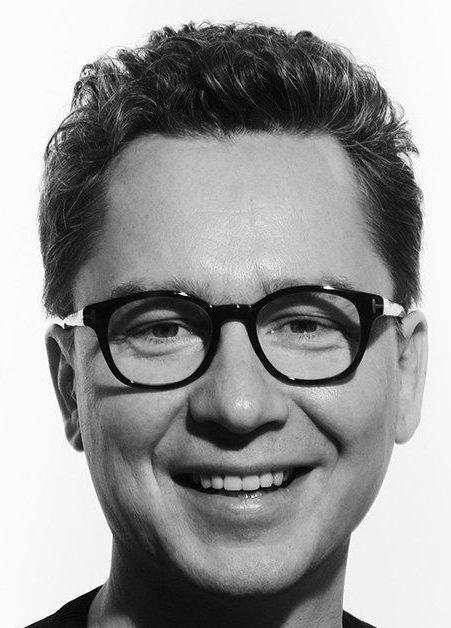
Longevity Vision Fund has exited stealth with plans to invest $100 million in startups with aspirations to extend healthy lifespans. The fund, which is linked to the founder of XPrize, will pump the money into biotechs and other longevity startups based around the world in seed to series B rounds.
Sergey Young, the founder of Longevity Vision, unveiled the fund at an event in London this week. Young is the cofounder of Peak State Ventures and an innovation board member at XPrize Foundation, a nonprofit known for running competitions to incentivize advances in fields including suborbital space flight.
At Peak State, Young and his colleagues invest in fields well outside of longevity, including property and education. But Young has established a foothold in the longevity space, leading to him becoming development sponsor of Longevity XPrize and a longevity partner at Bold Capital Partners.
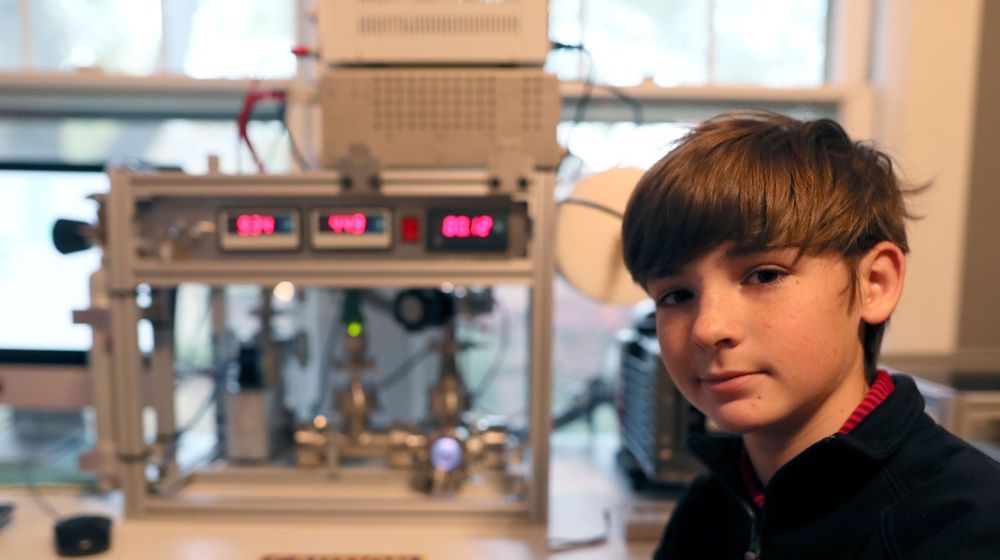

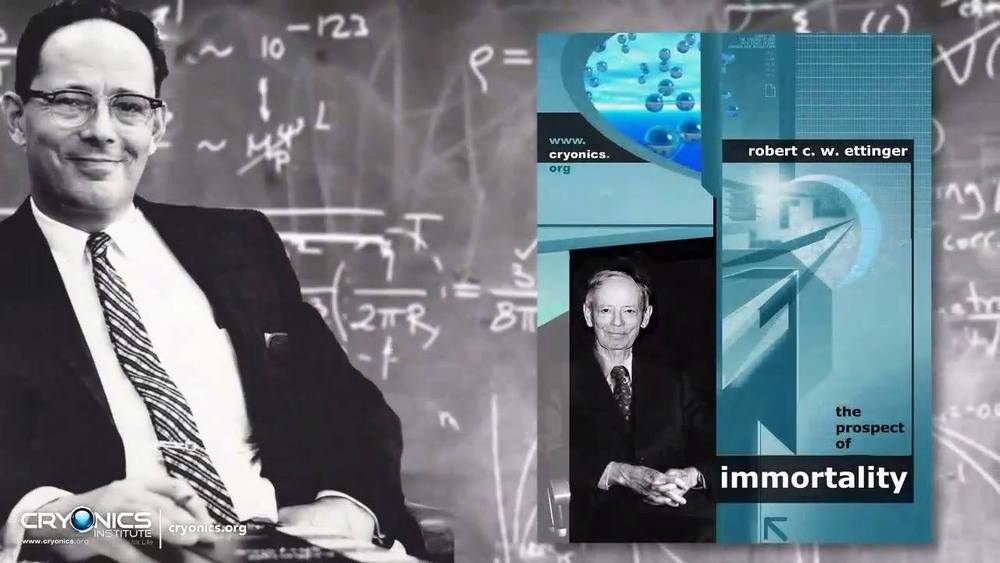
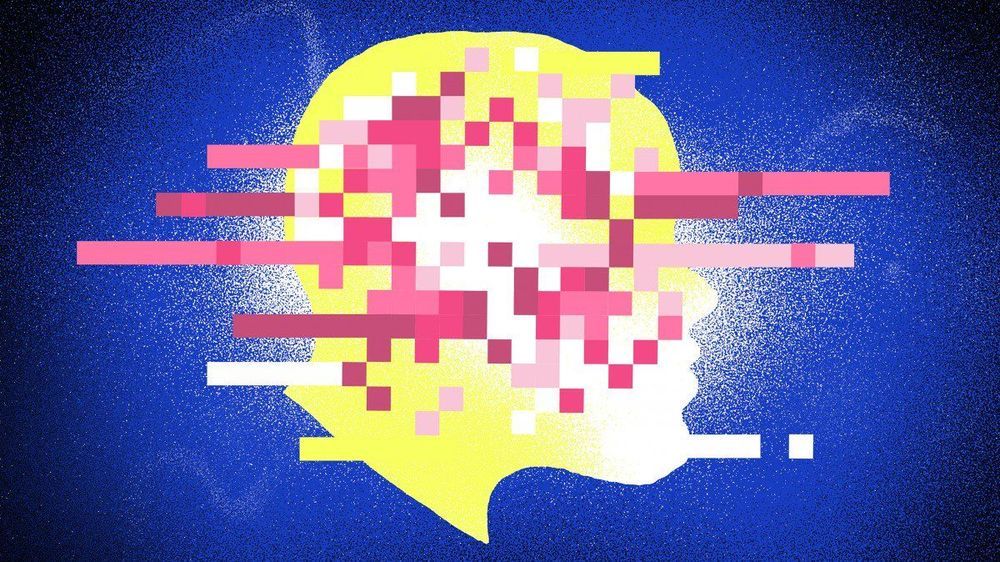
Almost everything you hear about artificial intelligence today is thanks to deep learning. This category of algorithms works by using statistics to find patterns in data, and it has proved immensely powerful in mimicking human skills such as our ability to see and hear. To a very narrow extent, it can even emulate our ability to reason. These capabilities power Google’s search, Facebook’s news feed, and Netflix’s recommendation engine—and are transforming industries like health care and education.
Our study of 25 years of artificial-intelligence research suggests the era of deep learning is coming to an end.
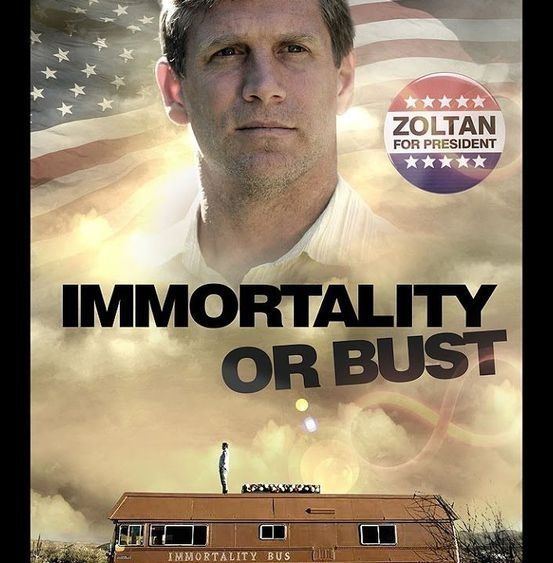
There is a noble frontier in the making that is growing internationally at speeds yet to be comprehended. And this frontier goes by the name “Transhumanism,” which is the pursuit to overcome aging and all biological limitations via advanced science and technology. What started as nothing more than a fringe concept among futurist circles has now become a global movement consisting of philosophers, political activists, scientists, and technologists.
But when it comes to Transhumanism here in the United States, there was one particular event in mind that helped introduce this movement into the national dialogue. That event is now famously known as the “Immortality Bus tour,” for which was led by then-presidential candidate Zoltan Istvan, representing the U.S. Transhumanist Party.
In this documentary, then-presidential candidate Zoltan Istvan travels across the country, spreading the word of Transhumanism—for the overcoming of aging using advanced science and technology!
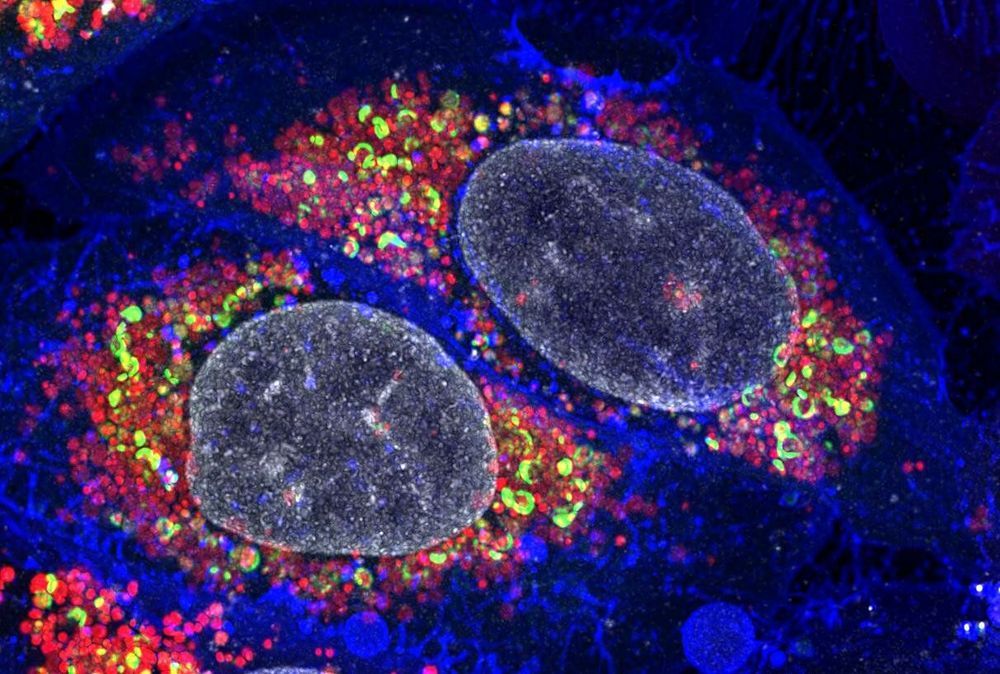
Monash researchers have unlocked a key process in all human cells that contributes to diseases like cancer and neurodegenerative diseases as well as ageing. The discovery reveals how cells efficiently get rid of cellular junk, which when it accumulates, can trigger death and the health problems associated with getting older.
Autophagy is the ‘clean-up crew’ of the cell—used by cells to break-down debris like broken proteins, bits of cell membrane, viruses or bacteria. To capture this trash, cells use specialised membranes to trap the cargo for recycling into new parts and energy. Without efficient autophagy cells become choked by their own damaged components, which can contribute to the development of a range of diseases, including diabetes, muscular dystrophy, Parkinson’s and Alzheimer’s disease.
Dr. Michael Lazarou’s laboratory from the Monash Biomedicine Discovery Institute have today published data in Nature Communications that debunks previously held beliefs about how cells target their trash. Cells target different types of cargo by using ‘autophagy receptors’, which can bind the cargo as well as the ensnaring membranes. Until recently these autophagy receptors were thought to recruit the membranes to the cargo, but research led by Dr. Benjamin Padman from the Lazarou lab now shows that this is not the case.